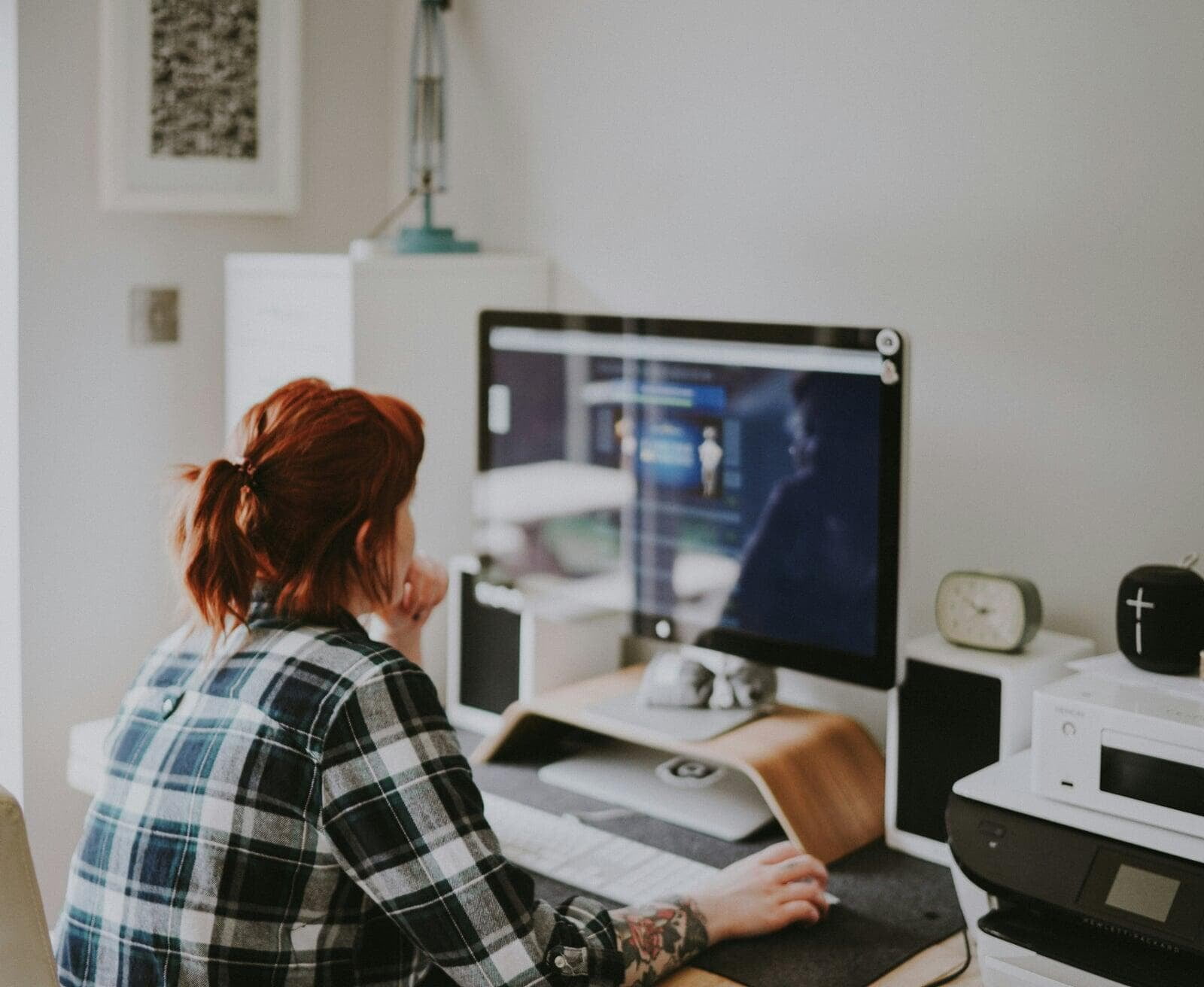
Buying your first investment property may seem daunting—it’s a major financial commitment after all. However, if done right, it can be the start of a property investment journey towards a more financially secure future. Lending policies may be getting tighter, but house prices are also set to pick up. According to Business Insider, home prices in Australia fell faster and in more locations during the month of July. CoreLogic’s Hedonic Home Value Index reveals that the median home price fell 0.6% in June, which was the largest percentage decrease in nearly seven years. While this may not appear lucrative for those looking to experience fast financial gain, it could still be profitable in relation to long-term investment success. Though lending restrictions have become tighter, there are three good reasons to buy investment property now.
Population numbers are surging in the east coast capitals, which in turn, is driving the market. The growth rates of Sydney and Brisbane are at 2%, and Melbourne’s is at 2.7%.
The Reserve bank of Australia is expected to keep interest rates low at least until 2020.
If you do proper research, you’ll discover that there are areas which show strong capital growth potential, such as these suburbs within capital cities. We at Calla Property will pinpoint these locations for you, based on our research-driven Calla Property Insights. Our team researches 550 markets all across the country to help you find the best location for your investment strategy.
So, if you’re convinced that property investment is for you, consider these helpful tips before beginning the search for your first investment property.

DEVISE A PLAN
One of the most important investment tips you can follow is to devise a plan before acquiring your first investment property. You can establish it by answering some important questions.
What is your goal with the investment property?
Are you planning to renovate and resell, or will you rent to tenants?
Also, what is your reason for investing?
Clearly defining your goals will enable you to design your property investment strategy and have a better idea of what you need to do, especially in terms of picking a location and targeting a specific market.
DO YOUR RESEARCH
Research is essential to the future of your investment. The type and location of your property can determine its profitability. You need to know what's in demand. A property located in a desirable area could require less upkeep and can mean a higher profit for the investor in the long-term. The key is to buy a sought-after investment that will provide good revenue while showing capital growth.
While the high rental yield strategy is centred around presently generating positive cash flows, a strong capital growth strategy nets you profit in the future once the property is eventually sold. When looking at both strategies, consider how much risk you’re willing or able to take, then make a decision based on your objectives as a property investor.

CONSIDER THE LOCATION
Location is an important factor when buying an investment property. Easy access to necessities such as public transportation, schools, public services, and recreational facilities will attract more renters. However, access to amenities isn’t the only thing you should look for. Having a property in a location that generally looks good and not run-down with lower criminality rates can increase demand.
An area with a nearby university, business or employment opportunities, and training facilities can offer a steady flow of tenants, placing your investment property in frequent demand. You could also look for areas where there are many ongoing and planned infrastructure projects as this shows that there will be demand not just today but also in the near future.
FACTOR IN LOAN AND PURCHASE COSTS
In addition to the purchase price of your property, you’ll be responsible for other related costs. These can include: loan establishment costs, loan mortgage insurance, conveyancing and inspections fees, and ongoing costs such as landlord building insurance. You may also have to pay council rates, property management fees, and repair/renovation expenses.
Keeping these costs in mind makes for better budget planning when it comes to buying an investment property. Doing so also gives you a more accurate idea of the cashflow you can expect, helping you arrive at a better choice when choosing a property.
CHECK COMPARABLE PROPERTIES
Knowing what comparable properties in the area you are considering have recently sold for will help you determine the future success of your investment. Also, check out the rental income of similar properties to get an idea of what you should charge. When searching for investment properties, think not with you in mind but in terms of potential tenants or buyers. In other words, choose a property you think people in the area would want to live in.
Following these tips for buying your first investment property will help simplify the process, and lead to a successful investment venture. If you need expert help in finding the best property for your investment goals, we at Calla Property are here for you. Using our proven research methodology, our team of investment property specialists will guide you towards finding the right property at the right time and at the right value for your investment needs. So don’t hesitate to contact us today and let’s get started. Disclaimer: No part of the information or calculations here are intended as advice. This is for general information purposes only.